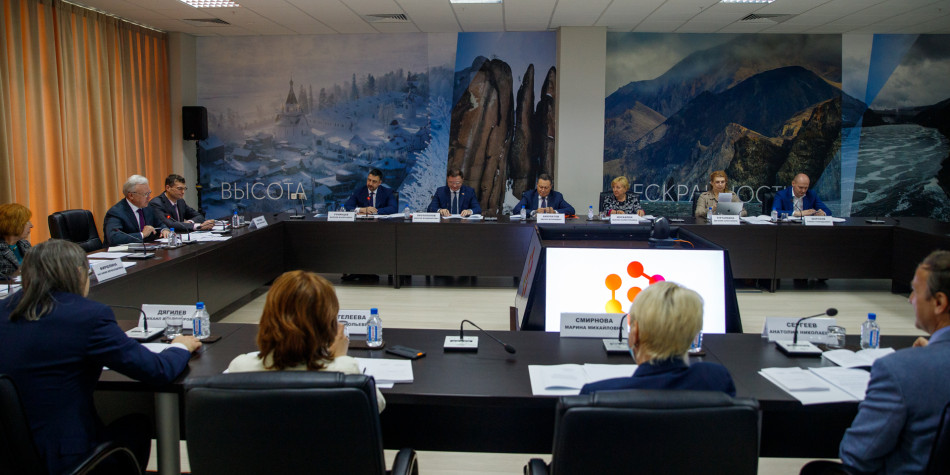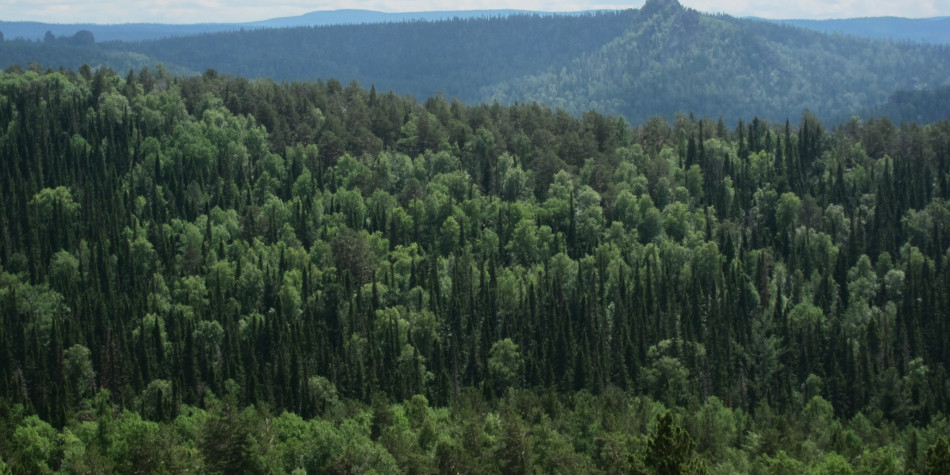
In recent years, the global energy industry has been developing in the face of increasingly stringent environmental and climate requirements to reduce emissions. The efforts of many countries are aimed at increasing the share of renewable energy sources and reducing the use of fossil fuels, primarily coal. These issues are especially relevant for the regions of Yenisei Siberia, where coal is considered the main type of fuel.
It is important to understand that for Russia and Yenisei Siberia in particular, it is necessary to separate the segments of electric and thermal energy generation. So, in Yenisei Siberia, most of the electricity is already produced at hydroelectric power plants that do not pollute the atmosphere. At the same time, more than 90% of their capacity covers the needs of energy-intensive industries specially located near a source of cheap and reliable energy. The exception is the Republic of Tyva, which, due to energy shortages, receives energy from the Krasnoyarsk Territory and the Republic of Khakassia, and uses diesel power plants for remote areas. According to SFU economists, a cost-effective solution for such areas will be the development of renewable energy –
solar power plants or small hydroelectric power plants.
"Heat supply in cities is carried out with the help of thermal power plants, boiler houses and individual heating sources. The peculiarity of the regions of Yenisei Siberia is that coal is almost universally used here, during the combustion of which a significant amount of solid particles, sulfur dioxide and nitrogen oxides are emitted into the atmosphere. They have a negative impact on human health. Generation facilities located inside residential buildings and affecting the quality of the surface layer of air are the most dangerous," said Ekaterina Syrtsova, co-author of the study, senior researcher at the Laboratory of Economics of Climate Change and Environmental Development of SIBFU.
The researcher noted that the gasification projects of the regions, which have been widely discussed in recent years, have a number of "pitfalls". Since Yenisei Siberia uses local coal, its replacement with gas will be accompanied by a significant loss of jobs and an increase in electricity tariffs, in addition, gasification projects currently do not have clear deadlines for implementation.
"An important area directly related to solving the problem of air pollution in large cities is associated with the rejection of coal in the private sector.
For example, the use of pellets will not only reduce emissions, but also provide a sales market, which is necessary because of their fast-growing production. Our calculations have shown that additional heating costs for one household per year can range from 21 to 45.4 thousand rubles (option with pellets) and from 56.8 to 122.5 thousand rubles for electric heating. This can increase the annual heating costs several times. So, perhaps, these options can hardly be implemented in the near future without direct state support," said Anton Pyzhev, head of the research, head of the Laboratory of Economics of Climate Change and Environmental Development of SibFU.
The work was carried out within the framework of the world-class scientific and educational center "Yenisei Siberia". The study was conducted within the framework of the State Assignment of the Ministry of Science and Higher Education of the Russian Federation (project No. FSRZ-2021-0011).
Article: https://www.mdpi.com/1996-1073/16/1/212
Speaker: Ekaterina Syrtsova, Senior Researcher at the Laboratory of Economics of Climate Change and Environmental Development of SIBFU ekkoryakova@yandex.ru




